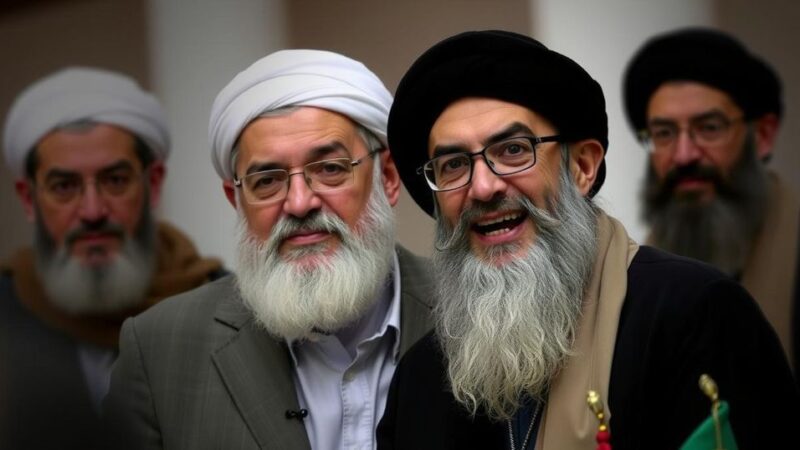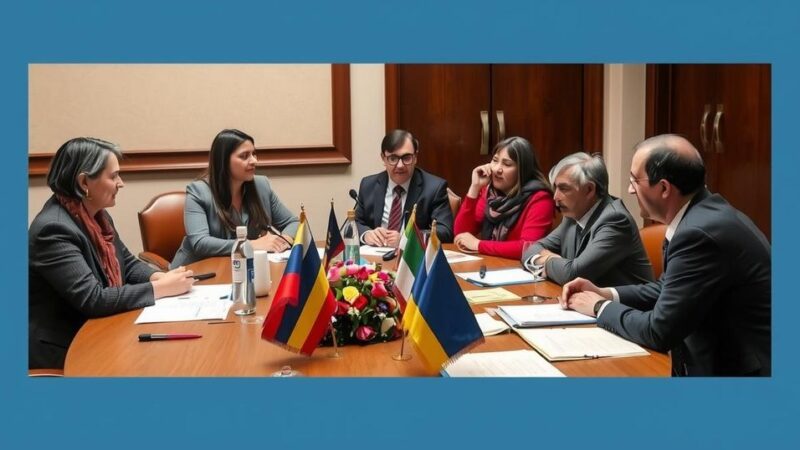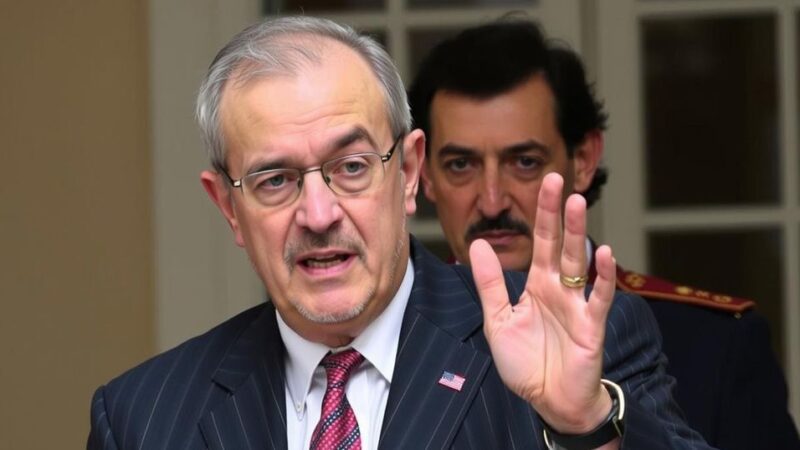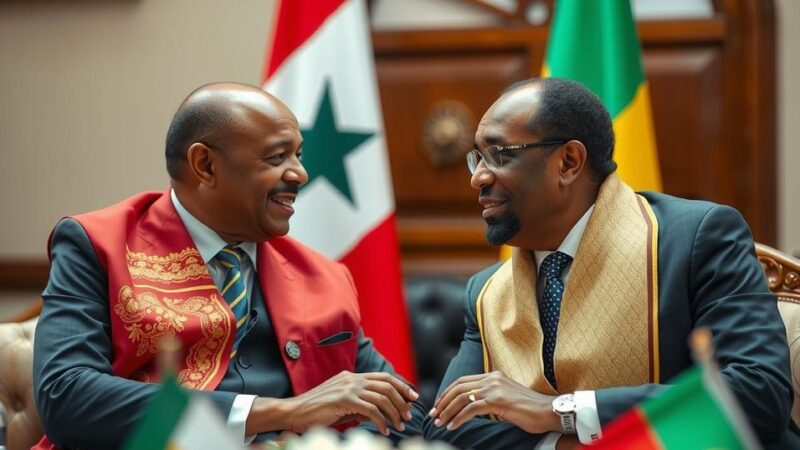Officials from the US, Turkey, and several Arab states have convened in Jordan to advocate for a peaceful transition in Syria. US Secretary of State Antony Blinken confirmed direct engagement with rebel faction HTS while stressing the need for minority rights and stability. Additionally, regional leaders expressed concern over chaos reminiscent of Libya’s past, underscoring the importance of cohesion in Syria’s political restructuring.
In recent discussions held in Aqaba, Jordan, officials from the United States, Turkey, and various Arab nations have affirmed their commitment to a peaceful transition in Syria. Jordanian Foreign Minister Ayman Safadi emphasized the collective desire among regional powers to prevent Syria from experiencing further turmoil. US Secretary of State Antony Blinken noted that Washington has engaged directly with the rebel group Hayat Tahrir al-Sham (HTS), stating the importance of establishing an inclusive governance structure that honors minority rights and eliminates terrorist influences.
At the meeting, Iraqi Foreign Minister Fuad Hussein expressed collective concerns regarding Syria’s trajectory, advocating against a situation akin to Libya’s post-Gaddafi chaos. Turkish Foreign Minister Hakan Fidan underscored the necessity for preserving and reforming existing Syrian institutions, cautioning against allowing terrorism to exploit any transitional period. Notably, HTS has signaled its intention to pursue an inclusive government, although skepticism arises due to its history of violence.
Secretary Blinken confirmed ongoing contact with HTS, specifically regarding the case of missing American journalist Austin Tice, despite the group’s designation as a terrorist entity by the United States. Excluded from the Jordan talks were direct representatives from Syria, as well as Iranian and Russian officials, both of whom have historically supported the Assad regime. During this pivotal juncture in Syria’s future, external unity and collaboration will be essential for effective governance moving forward.
The situation in Syria has been fraught with complexity since the outbreak of civil unrest in 2011, culminating in a protracted conflict involving various domestic and international actors. The Assad regime, supported by Iran and Russia, has faced significant opposition from diverse rebel groups, including HTS. As efforts to stabilize the region take shape, the involvement of regional powers such as the United States, Turkey, and Arab states is critical to foster a governance model that promotes peace and inclusivity, thereby addressing the aspirations voiced during the protests that initiated the conflict.
The recent discussions in Jordan signal a significant collaborative effort among key international and regional players to forge a peaceful solution in Syria. With emphasis on inclusivity and a unified governance approach, the joint stance of the United States, Turkey, and Arab nations provides a framework to mitigate past grievances and prevent the emergence of sectarian divides. However, the absence of key stakeholders such as Iran and Russia may pose challenges in achieving cohesion necessary for ceasefire and peace initiatives.
Original Source: www.bbc.com






